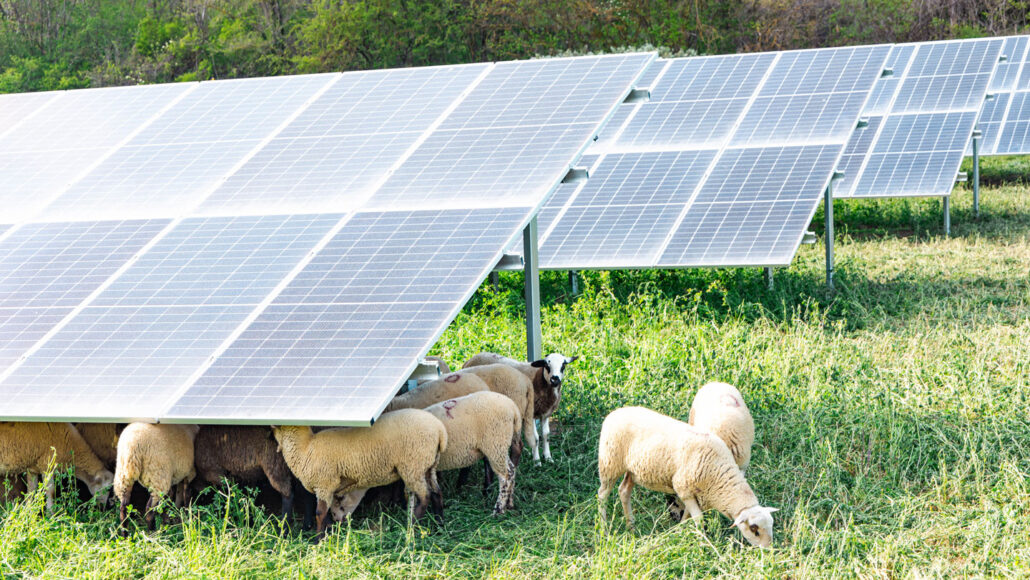
Tech
Scientists Say: Agrivoltaics
This win-win technology means future farmers may produce both food and electricity.
Come explore with us!

This win-win technology means future farmers may produce both food and electricity.

Weekly updates to help you use Science News Explores in the learning environment
Thank you for signing up!
There was a problem signing you up.

Bold engineering projects might stabilize Thwaites Glacier and slow sea level rise. But no one knows if they will work — or have serious side effects.

The gases released by earthquakes might occasionally ignite, triggering ghostly lights sometimes witnessed in South Carolina.

In fantasy, trees can walk, climb and even fight. Real trees move, too. It just happens in extreme slow mo.

Data from millions of phones helped fill in maps of the ionosphere, an atmospheric layer that can muddle radio signals key for navigation systems.

We don't see it, but rare gamma-ray lightning can bolt from stormy skies like regular lightning.

A teen researcher investigated bowhead whales and found their migrations may be responding to a changing sea current.

Thanks to climate change, thawing permafrost in the Canadian Arctic has revealed this glacier remnant that could be more than a million years old.

Scientists are studying extraterrestrial moons for clues to how planets form, how life began — and whether there’s life out there right now.

These microbes can break the carbon bonds that make PET plastics so hard to degrade. This type of plastic makes up almost one-third of plastic waste.